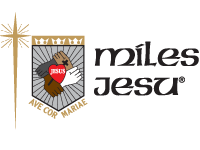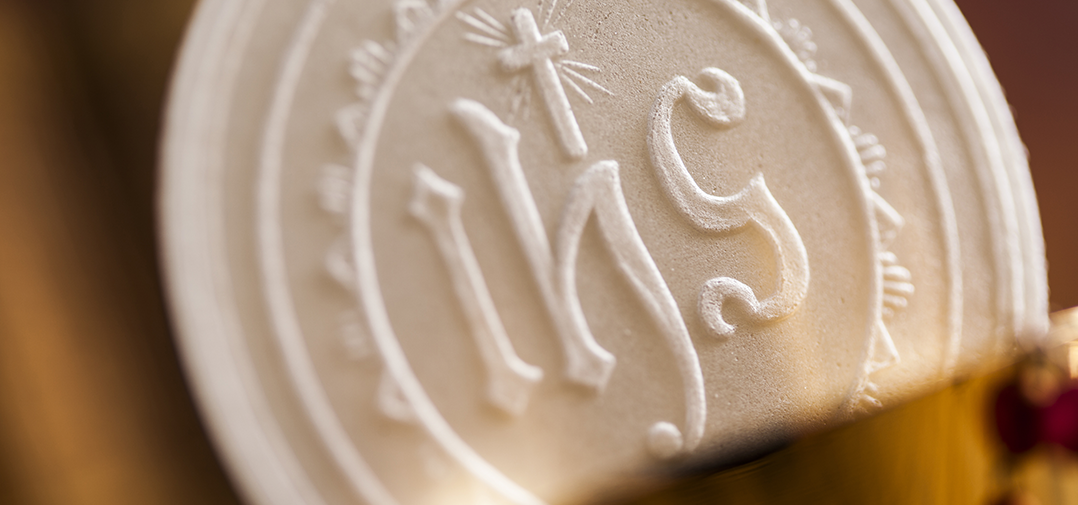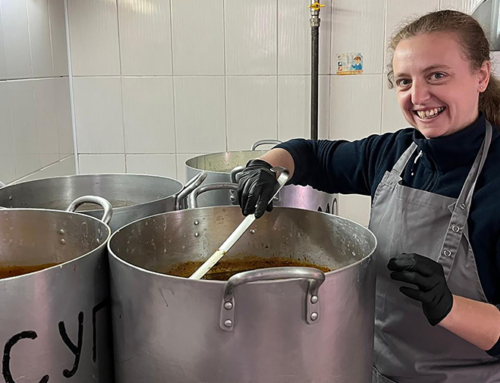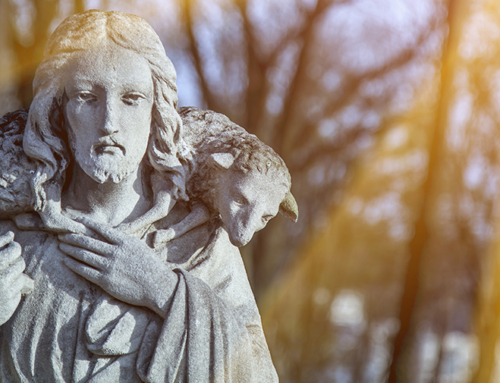By Fr. Christopher Foeckler, MJ • Phoenix, AZ
The recent five Sunday liturgical meditations on the Lord’s “Bread of Life” discourse in St. John’s gospel that cycle B offers every three years compliments beautifully the Eucharistic Revival invoked by the USCCB this year! A key idea of the long explanation to His many disciples at Capernaum is Jesus identifying Himself as the new manna or “the living bread that came down from Heaven; whoever eats this bread will live forever; and the bread that I will give is My flesh for the life of the world.” (cf. Jn. 6:51)
When the Israelites in the desert first saw the fine flakes like hoarfrost on the ground after the dew had evaporated, they asked one another, “What is this?” for they did not know what it was. But Moses told them, “This is the bread that the Lord has given you to eat.” (cf. Ex 16:15) During the Eucharistic Revival, we Catholics are asking the same question of the Holy Eucharist as the Israelites asked of the manna: “What is it?” Is the Eucharist a symbol of the presence of the Lord who cares for His people or is it, as the Catholic Church teaches definitively, the true, real, substantial body and blood, soul and divinity of the Lord Jesus Christ (cf. CCC1374). I would assert that just as Moses answered the question of the Israelites in the desert, so too, Jesus answers our question in His discourse: “I am the living bread that came down from Heaven…the bread that I will give is My flesh…”
Yet, there is something essential and primary to accepting the words of the Lord in His discourse as well as the words of the teaching of the Catholic Church. It is what our Lord emphasized in the first part of the discourse, something He exhorted the crowds to several times: “Believe in the one the Father has sent”! Faith in the Divinity of Christ is absolutely necessary to belief in His Real Presence in the Eucharist! “Whoever comes to Me will never hunger, he who believes in Me will never thirst.” (cf. Jn 6:35) The demand to “eat My flesh and drink My blood” can only be made in truth by a Divine person. Once the crowd protests Jesus insisting on eating His flesh and drinking His blood, He asks them, “Then what if you were to see the Son of Man ascending to where He was before?”. (cf. Jn6:62) Again, it is belief in His Divinity – His Divine origin – that makes possible the belief in the Real Presence of Jesus in the host we consume at every Mass. So, accompanying the many wonderful explanations of the doctrine, even the discourse of Jesus, we must pray for a deeper faith in the fullness of Christ’s Divinity and then we can accept more fully and actively the reality of His presence in the Eucharist.
(For a thorough explanation of these ideas, please see Dr. Brandt Pitre’s book, Jesus and the Jewish Roots
of the Eucharist.)
This post is also available in:
 Hindi
Hindi  Italian
Italian  Polish
Polish  Slovak
Slovak  Spanish
Spanish  Ukrainian
Ukrainian








